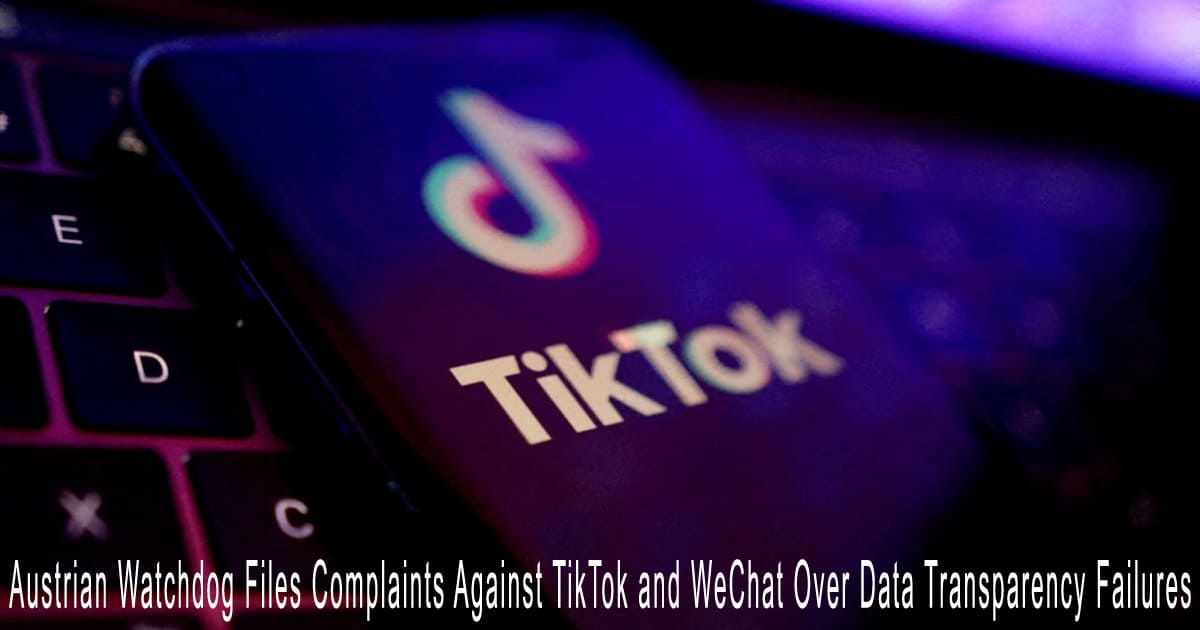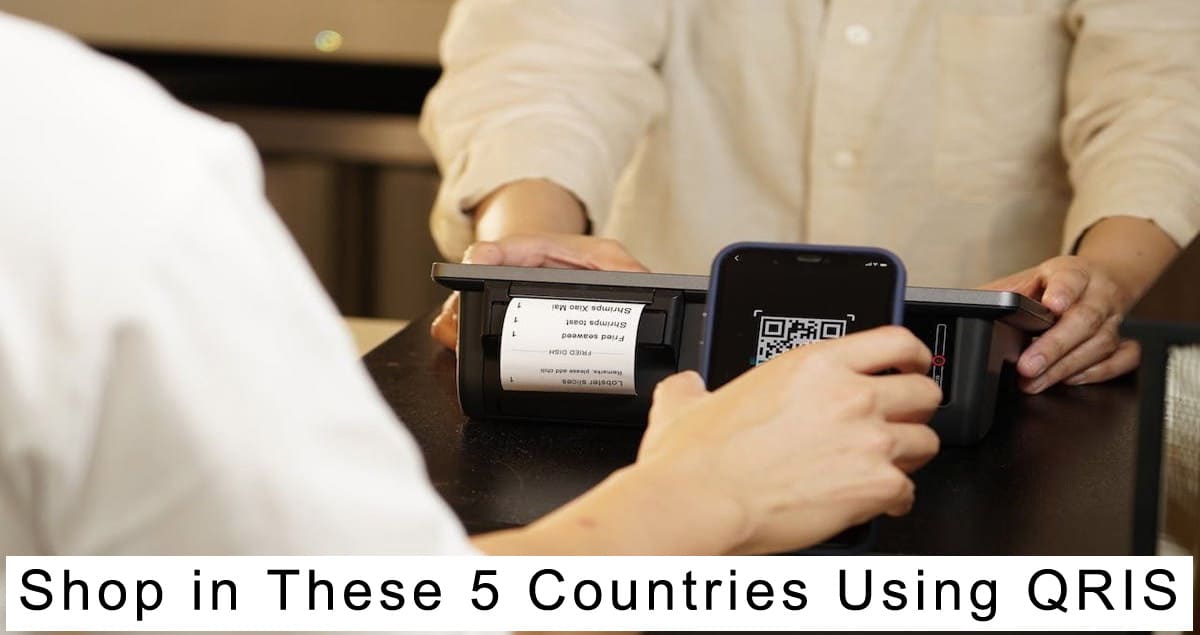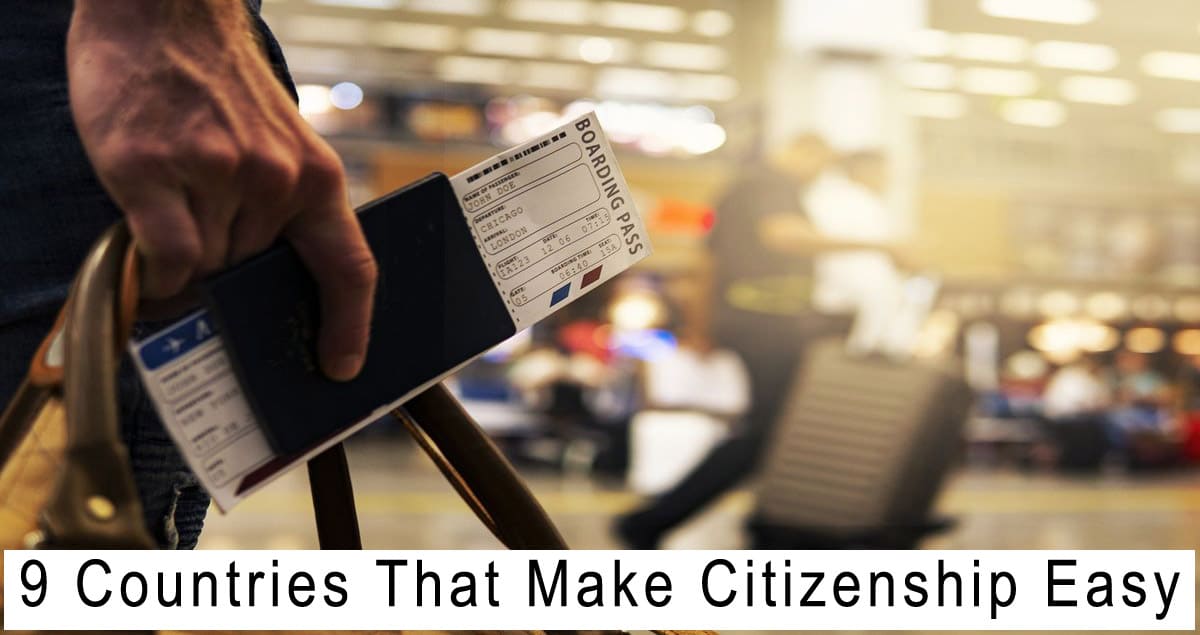Austrian Watchdog Files Complaints Against TikTok and WeChat – Austria-based privacy advocacy group noyb (None of Your Business) is once again shaking up the tech world. This time, they’ve filed three formal complaints against Chinese tech giants TikTok, AliExpress, and WeChat, accusing them of violating user rights under Article 15 of the EU’s GDPR (General Data Protection Regulation). https://floorstowallsstudio.com
In short: the companies allegedly failed to provide full access to users’ personal data, even after being asked formally. If you’re tracking global data law compliance or digital accountability—this one’s worth your attention.
Austrian Watchdog Files Complaints Against TikTok and WeChat Over Data Transparency Failures
What’s Going On?
According to noyb, all three platforms violated their legal obligation to respond properly to data access requests from EU users. The complaints were filed with data protection authorities (DPAs) in Belgium, Greece, and the Netherlands, depending on where each company’s EU operations are based.
Here’s the breakdown:
- TikTok: only handed over partial user data, and in an unstructured format—making it hard for users to make sense of what the company actually holds.
- AliExpress: sent a corrupted data file that could only be opened once. Not exactly user-friendly—or GDPR-compliant.
- WeChat: simply ignored the request. No response at all, which is a clear breach under EU data protection laws.
Why Article 15 GDPR Matters
In case you need a refresher, Article 15 of the GDPR gives every EU citizen the right to:
- Access their full personal data,
- Discover how and why their data is being used.
- See who it’s being shared with,
- And know where it came from.
If companies fail to comply, that’s not just a bad look—it’s a legal issue. Regulators may impose fines under GDPR equal to up to 4% of a business’s yearly worldwide revenue. For AliExpress, that could be as much as €147 million, according to noyb’s calculations.
This Isn’t Their First Run-In
This complaint isn’t happening in a vacuum. Back in January 2025, noyb already filed another major complaint targeting six Chinese tech firms—including TikTok and WeChat—for allegedly transferring user data to China illegally.
This latest move focuses on something more fundamental: basic transparency. Max Schrems, the creator of Noyb and a well-known privacy advocate, stated:
“If platforms like TikTok collect massive amounts of user data, they also have a duty to hand it over when users ask for it. That’s not optional—it’s a legal right.”
Why Should You Care?
Whether you’re:
- Working in privacy law, compliance, or tech policy,
- Building a cross-border app, or
- Just curious about how your data is handled…
This case highlights how even global giants still struggle—or flat-out fail—to uphold basic data rights under the GDPR.
It’s also a wake-up call to the tech industry: sending scrambled PDFs or ignoring access requests isn’t just lazy UX—it can be a serious compliance failure.
What Happens Next?
Now that the complaints are filed, European data protection authorities will begin investigating. If violations are confirmed, regulators may issue enforcement orders or massive fines—and require the companies to change how they handle access requests.
For professionals in tech and digital policy, this case is one to watch. It may even spark broader regulatory action across the EU, especially toward non-European firms that often sidestep GDPR rules.
Want to Request Your Own Data?
If you use TikTok, AliExpress, or WeChat and want to see what data they hold about you, you can:
- Log into the app or website,
- Find the “Privacy” or “Request My Data” section,
- Submit a formal access request under GDPR (or your local privacy law).
If you don’t get a proper response, you’re entitled to file a complaint with your local data protection authority. You can even refer to noyb’s cases as precedent.
Final Thoughts: Privacy Is Power
Privacy is a legal right, as this case demonstrates once more. And it’s one we should all be exercising more often.
For companies: if you collect user data, be ready to hand it over when asked—properly and transparently. Users should not be afraid to highlight what is true. Because at the end of the day, your data belongs to you.















